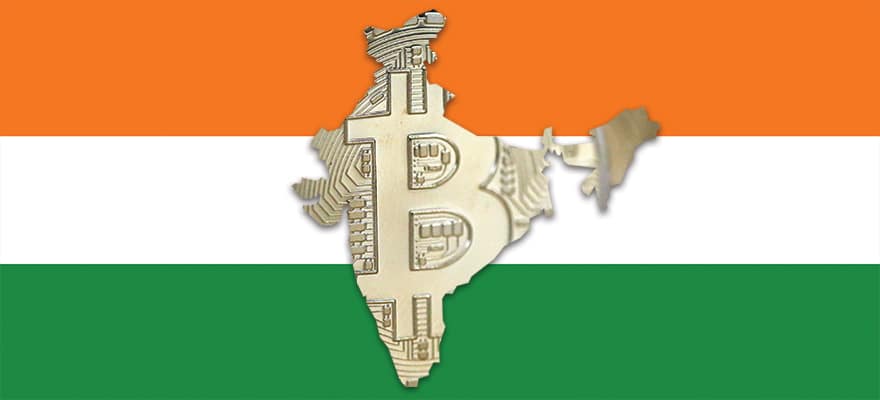During today’s IMTC Asia Conference in Delhi, Indian trading platform Coinsecure’s co-founder and CTO, Benson Samuel, and OKLink’s Chief Strategy Officer, Jack C. Liu, announced a new partnership to bring remittances over blockchain to India.
“We at Coinsecure not only recognize Bitcoin as the most important application of blockchain but also its potential role in alleviating global transaction woes and expedite remittance. Coinsecure is thrilled to partner with OKLink to provide faster and cheaper services to the Indian population,” said Benson Samuel.
OKLink is a recent spinoff from the . It develops a lockchain money transfer network that is growing rapidly, currently offers payouts in five countries at over 100,000 locations and is expected to cover sixty countries by year end. OKLink raised $10 million in venture capital funds and is composed of a team of veterans from Alibaba, Tencent, Baidu, Visa, Yahoo, IBM, Barclays, cfX, Federal Reserve Bank, FDIC and PwC.
Coinsecure co-founder and CEO Mohit Kalra stated: “Remittance will work over the network created by OKCoin called OKLink. It will enable Indian citizens to send or receive funds either in Bitcoin or Indian rupees from countries around the globe such as China, Hong Kong, Korea, Canada, Philippines and many more.”
Founded in July 2014 by , Coinsecure launched its Bitcoin exchange on January 1, 2015. It offers algorithmic trading, a Blockchain explorer, a demo platform for users to try trading without real money, on-chain and off-chain wallet services and also has a number of integrations with global partners. The company boasts that it now consistently handles over 3000 BTCs a month in terms of volume and has shown increasing volumes every month since starting operations.
OKLink Chief Strategy Officer, Jack C. Liu, stated: “Coinsecure is the leading blockchain company in India and their commitment to our network is further validation for us and our shared vision of leveraging the trust of the Blockchain to improve the end remittance experience for the Indian people.”





Be First to Comment